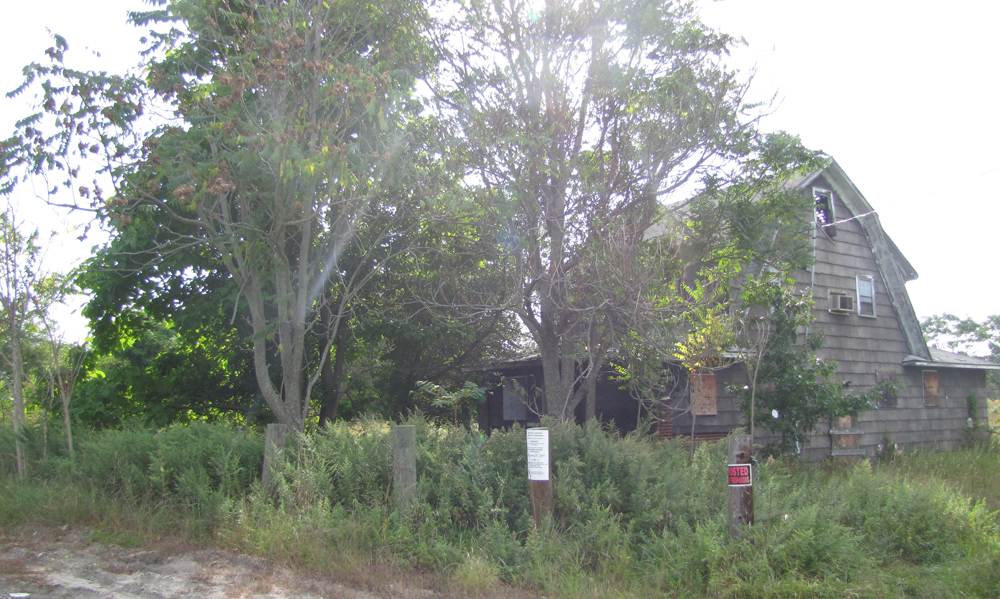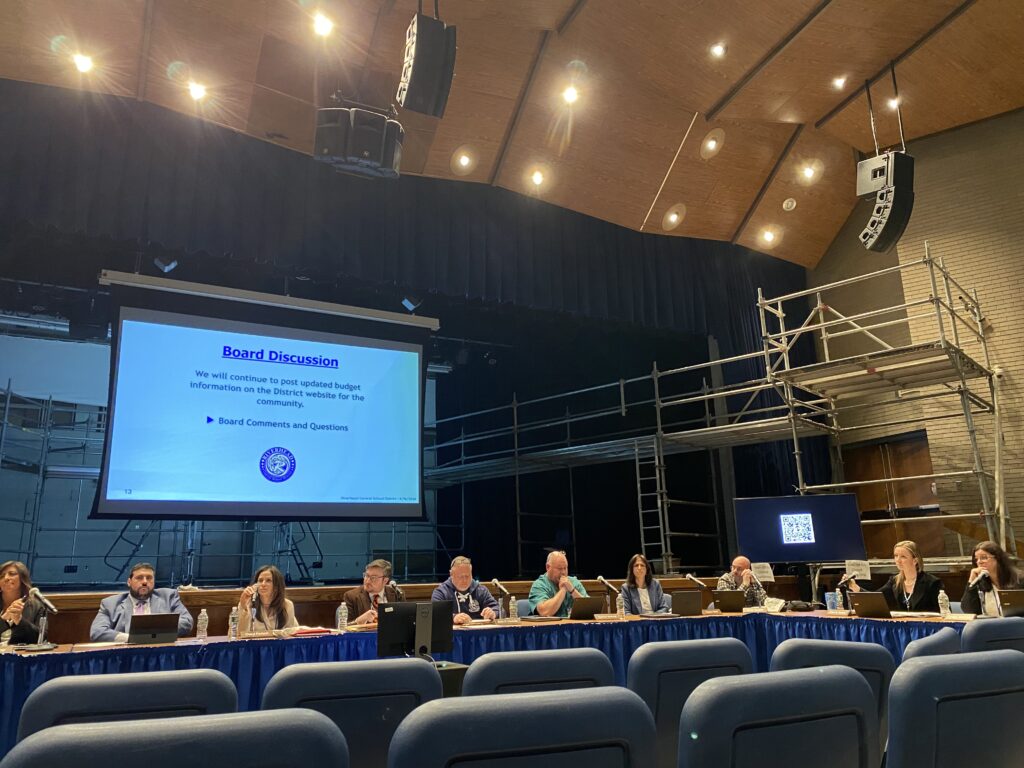Save Main Road founder seeks to develop West Main Street

When Larry Simms of South Jamesport stands at the podium during a town meeting, he’s usually speaking against whatever application is being proposed.
“I have occasionally been there in support of other applications,” said Mr. Simms — who founded the environmental group “Save Main Road,” and has filed lawsuits challenging town approvals issued to other developers — in an interview. “But more often not, I suppose.”
Recently, Mr. Simms was on the other side of the development process, appearing before the Riverhead Zoning Board of Appeals seeking to develop about 15 acres along the Peconic River off West Main Street.
The site, on the south side of West Main Street, east of Forge Road, lies within the boundaries of state’s Wild, Scenic and Recreational Rivers Act, which imposes strict limits on development. It’s also in the town’s Riverfront Corridor zone, where the only outright permitted uses are single-family dwellings, river related uses and non-motorized open space recreation uses.
Bed and breakfasts and country inns are allowed there with a special permit from the Town Board.
Mr. Simms’ application is asking the ZBA whether currently prohibited uses — office space, restaurant, non-river related retail and storage/warehousing — could be permitted by a variance on the property, which is an abandoned former duck farm that hasn’t been active in more than 30 years.
“I was aware of the nature of the property when I bought it,” Mr. Simms said. “I was aware of the fairly elaborate procedures and approval that will be required before I can put a shovel in the ground.”
He and his wife bought the property in 2007 and planned to build clustered housing on the northern portion of the property, closer to Route 25, while creating a public park on eight acres along the Peconic River with a of couple ponds, hiking and nature trails and docks for canoes and kayaks.
“It was meant to be a gateway property, for people approaching the town to actually notice the river,” Mr. Simms said. “We wanted to put the river in Riverhead.”
Over time, however, he realized that housing on this property wasn’t going to be approved and the homes wouldn’t be sold.
“I have often been at this podium and when it comes to development on West Main Street, I have consistently opposed variances and I have consistently been unsuccessful,” Mr. Simms told the ZBA.
He said his new approach to developing the 15 acres would be consistent with how the neighborhood has been growing, seeking the same types of businesses that have been permitted in the Riverfront Corridor zone, including some that recently received ZBA variances.
“With the exception of a small bait shop, I don’t think there have been any new instances of permitted new uses in this zone since the master plan was put in place” in 2003, Mr. Simms said.
He said the current uses are mostly commercial, industrial and non-residential, such as propane gas distribution; tractor repair; auto parts retailing, which was permitted by a ZBA variance just a year ago; and building materials retailing, which was reinstated about two years ago.
“I think the uses I’ve proposed would blend in perfectly with the character of the neighborhood,” Mr. Simms said.
He also asked that the ZBA give an indication of whether it would allow the uses he specified in advance, before he spends thousands of dollars on the application.
Town officials said that’s not the way it works.
Dawn Thomas, the ZBA’s attorney, said the town is required to do a coordinated review of the application with other government entities that have jurisdiction over the site, such as the state Department of Environmental Conservation and the county health department. She added that to obtain a use variance — which would allow a use not permitted by zoning — an applicant must show evidence that none of the permitted uses will be financially viable in this location.
“No decision can be made until the State Environmental Quality Review Act process is concluded,” town environmental planner Jeff Seeman said.
“Are you telling me this agency cannot give an opinion on whether a use is OK contingent upon approval by other areas?” Mr. Simms asked.
“Other agencies would have to be involved in the review and have jurisdiction,” Ms. Thomas said.
Mr. Simms was also told he needed to provide additional information.
Only one person spoke at the ZBA’s Sept. 14 hearing on Mr. Simms’ property — a neighbor who was concerned about the impact on the environment and wildlife. The ZBA has not scheduled a follow-up hearing on the application.
Photo credit: Tim Gannon









